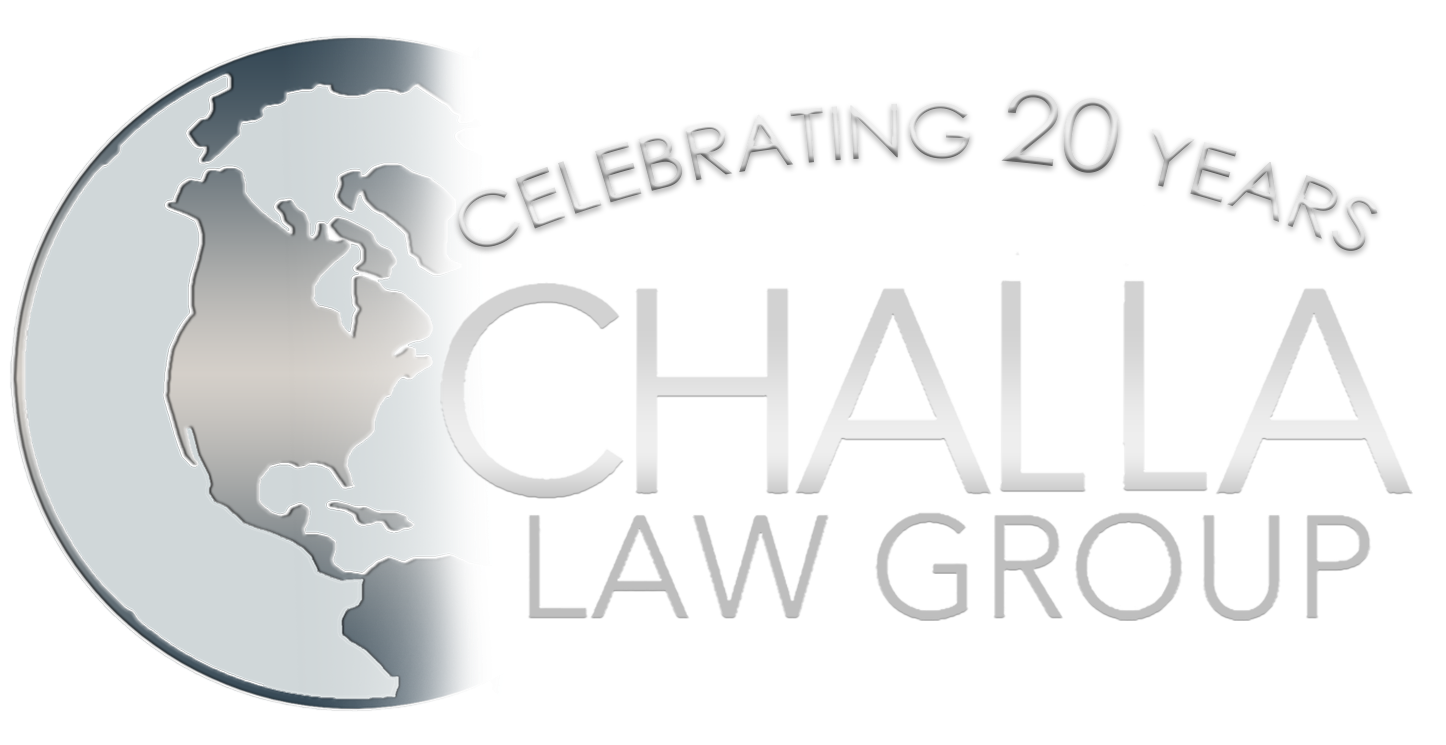DOS Announces Change in Citizenship Policy for Some Children Born Abroad Via Surrogacy and Assisted Reproductive Technology
The Department of State announced that it was updating its policies for the acquisition of U.S. citizenship at birth to recognize the advances in assisted reproductive technology (ART) and surrogacy. In the announcement, the spokesperson stated “This updated interpretation and application of the INA takes into account the realities of modern families and advances in ART from when the Act was enacted in 1952.”
Children born abroad to parents who are married and at least one of whom is a U.S. citizen, will be U.S. citizens from birth if they have a genetic or gestational tie to at least one of their parents and meet all other legal requirements. Previously, DOS interpreted Section 301 of the Immigration and Nationality Act (INA) to limit citizenship to children born abroad that have a genetic or gestational relationship to the U.S. citizen parent. This prevented some same-sex couples from transmitting U.S. citizenship to children born overseas because the Department of State interpreted the birth as being “out of wedlock” for immigration purposes. A number of same-sex couples have sued the Department of State over the previous surrogacy policy.
The policy change is effective immediately and the DOS expects that it “will allow increased numbers of married couples to transmit U.S. citizenship to their children born overseas, while continuing to follow the citizenship transmission requirements established in the INA.” In the announcement, the DOS also noted requirements for children born to unmarried parents remain unchanged.
Department of State Frequently Asked Questions
1. Will My Child Acquire U.S. Citizenship at Birth?
The U.S. Department of State determines whether a child born abroad to a U.S. citizen parent acquired U.S. citizenship at birth.
A child born abroad acquires U.S. citizenship at birth if the parent or parents of the child meet the conditions prescribed in the Immigration and Nationality Act (INA).
The U.S. Department of State interprets the INA to mean that a child born abroad must be genetically or gestationally related to a U.S. citizen parent or to a non-U.S. citizen parent who is married to a U.S. citizen parent at the time of the child’s birth. The parent must meet the following statutory transmission requirements of INA 301 or 309 in order for the child to acquire U.S. citizenship at birth:
- A U.S. citizen father who is the genetic father of the child may transmit citizenship to the child if he meets all other statutory requirements in order to transmit U.S. citizenship to the child at birth.
- A U.S. citizen mother who is the genetic or the gestational and legal mother of the child may transmit U.S. citizenship to the child if she meets all other statutory requirements in order to transmit U.S. citizenship to the child at birth. A gestational mother is the woman who carries and gives birth to the child.
- A U.S. citizen parent who is not genetically or gestationally related to the child may transmit citizenship to the child if they are, at the time of the child’s birth, married to a parent who has a genetic or gestational connection to the child. They must also meet all other statutory requirements in order to transmit U.S. citizenship to the child at birth.
DNA testing is often the best way to establish a genetic relationship after the child is born.
In addition to establishing a genetic or gestational relationship to the child, U.S. citizen parents must also establish that other citizenship transmission requirements have been met, such as having had certain periods of physical presence or a residence in the United States prior to the birth of the child. For more information about specific requirements, visit INA Sections 301 and 309.
If a child born overseas to a surrogate is not genetically or gestationally related to a U.S. citizen parent or a spouse of a U.S. citizen, we will not consider the child to have automatically acquired U.S. citizenship at birth based upon INA Sections 301 and 309.
We can only determine the U.S. citizenship status of a child born abroad after the child is born and in association with an application for a U.S. passport or Consular Report of Birth Abroad (CRBA).
2. What Type of Evidence or Documentation May Be Required to Establish My Child’s Claim to U.S. Citizenship?
A U.S. citizen parent who has a child overseas, including via a foreign surrogate mother, may apply for a Consular Report of Birth Abroad of an American Citizen (CRBA) or a U.S. passport for the child at the U.S. embassy or consulate in the country where the child was born.
To learn which documents you must submit, consult your nearest U.S. embassy or consulate. Parents must provide evidence of the child’s identity, birth, and citizenship. In an ART case, the parents may be requested to provide medical and documentary evidence of the child’s conception and birth and other evidence to demonstrate their genetic or gestational connection to their child. Parents may also need to provide evidence of their identity, citizenship, physical presence, or residence in the United States, and legal status as the child’s parent under local law.
Parents may also arrange for DNA tests of the child, using approved labs and procedures as described in our Information Sheet for Parents on U.S. Citizenship and DNA Testing.
3. Will I Be Able to Obtain a Travel Document for My Child?
If your child under age 16 is a U.S. citizen, you may apply for the child’s U.S. passport. Both legal parents must authorize issuance of the passport except in limited circumstances where one parent cannot appear in person. If, under local law, a surrogate mother is the legal mother of a child born through ART, then the surrogate mother would need to consent to passport issuance unless one of the exceptions to the two-parent consent requirement apply.
Foreign Country Passports: In some countries, a child will not acquire the citizenship of the country where they were born because the surrogate mother is not considered the parent of the child. As a result, the child may not be entitled to a passport from the country in which they were born.
4. Will I Be Able to List Myself or My Partner As A Parent on My Child’s Consular Report of Birth Abroad (CRBA)?
CRBAs are issued to both U.S. citizens and non-citizen nationals, and they document that a child was a U.S. citizen at birth. A CRBA neither serves as proof of the child’s legal parents nor is it intended to serve as proof. In general, the name or names listed on the CRBA are the U.S. citizen or national’s parent(s) with a genetic or gestational connection to the child. The name of the parent(s) through whom the child’s claim to U.S. citizenship is made must be listed on the CRBA. A parent who is not transmitting U.S. citizenship may be listed on the CRBA with consent of the parent who is transmitting U.S. citizenship.
5. Other Important Issues to Consider
- Entering the United States
If your child did not acquire U.S. citizenship at birth and therefore cannot be issued a U.S. passport or otherwise documented as a U.S. citizen, you may encounter difficulty when attempting to enter the United States with your child. Please consult with your nearest U.S. embassy or consulate on appropriate travel documentation for travel to the United States.
Connecting with Challa Law Group
Join us on Wednesdays for a live webinar at 12 PM ET on critical immigration updates
Don’t miss out on the immigration news! You can sign up for our mailing list or follow us on Facebook, Twitter, Instagram, YouTube, or LinkedIn. You can also join our Telegram community.
Contact us at info@challalaw.com or 804-360-8482 to get your case started today.



